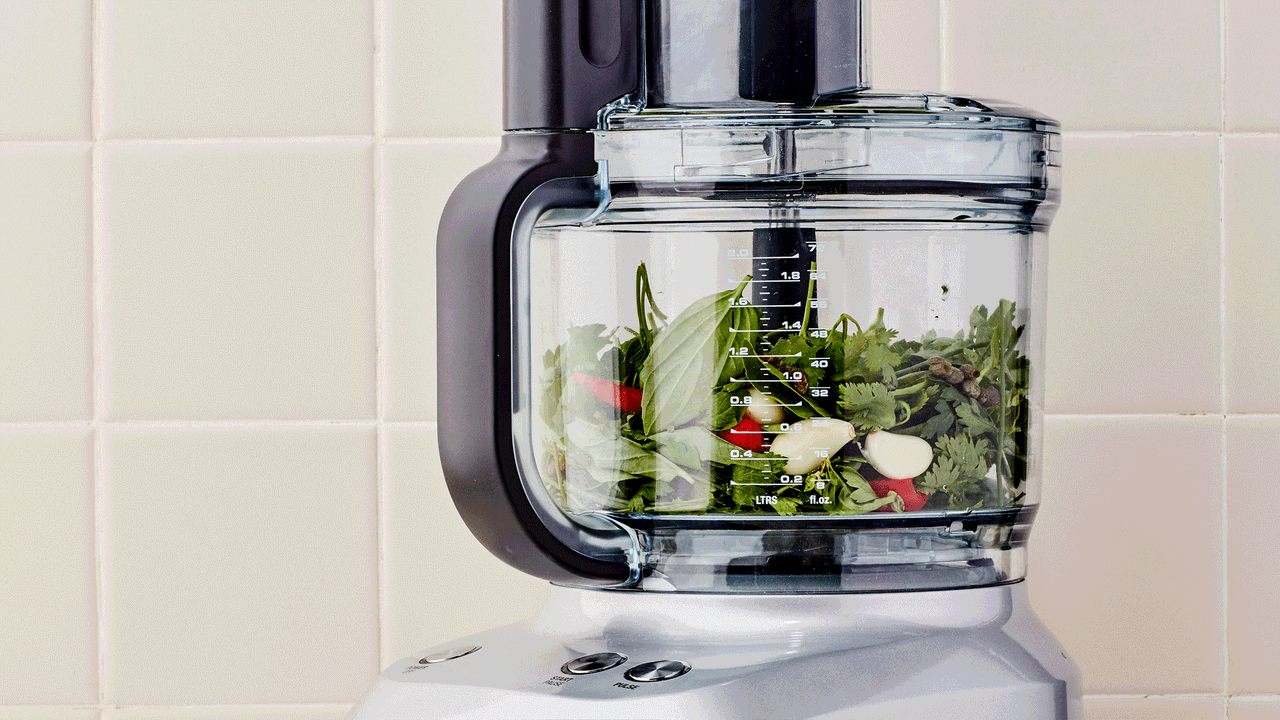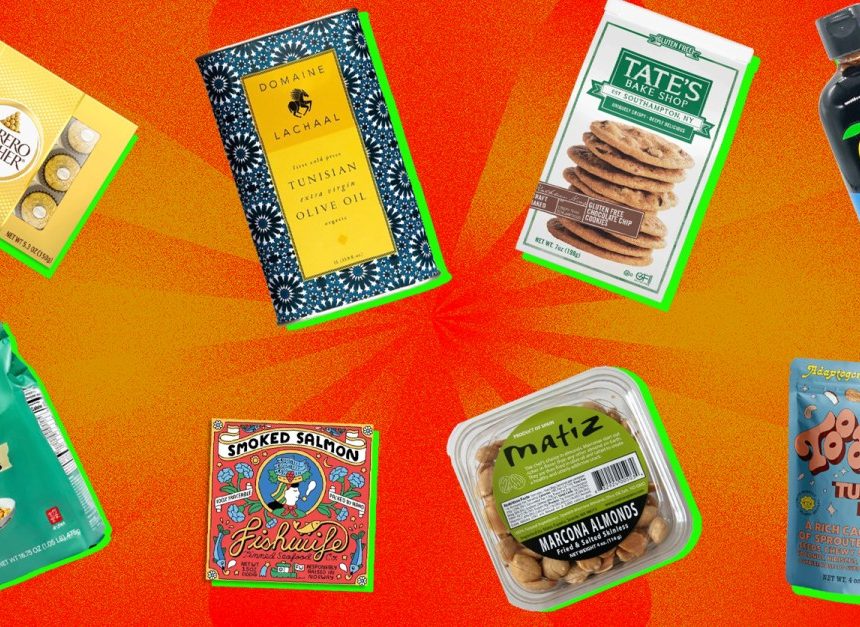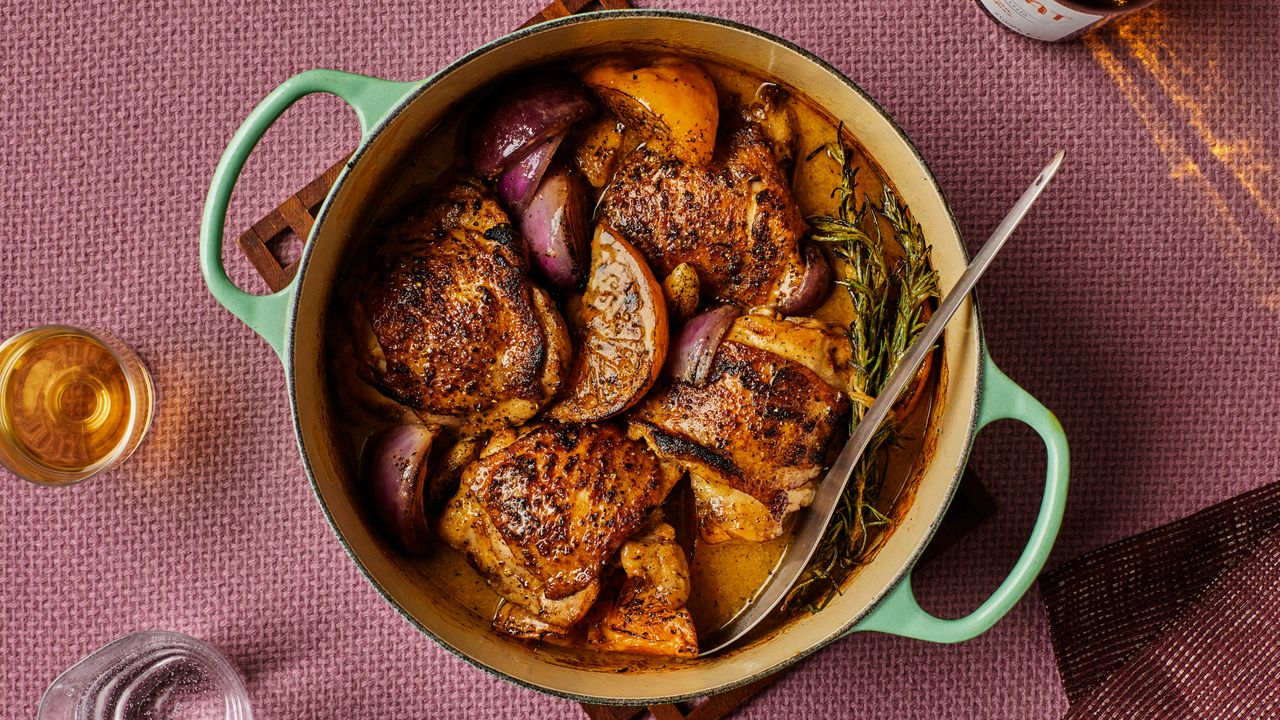Central to his campaign is his work as an oysterman, and it’s hard to imagine someone who loves oystering as much as Platner.
“This is my office,” he boasts, holding his arms out to a stretch of Frenchman Bay, its waters shimmering under the bright sun, where his oyster cages bob up and down happily. As he hauls up cages, he explains that his oysters will have a flavor different even from oysters grown a mile away. That they’ll have a unique terroir—ahem, merroir. It’s clear that Platner takes enormous pride in the oyster farm he’s helped build. “The fact that this place that I love so much creates these things that people love so much, it’s incredibly special,” he says. “It’s deeply emotional.”
He shucks a few oysters on the boat, and hands them over on the condition that we chew, not slurp. They are particularly meaty, bright and salty from the ocean water, and remarkably buttery and unctuous like uni. He continues to shuck, tossing spent shells back into the bay, as he muses on some of the finer points of aquaculture and his oyster business. “We sell everything locally. Nothing gets shipped,” Platner says. “If you want to eat these oysters, you’ve got to come to this part of the world.”
The same local-first, community-minded thinking on which he’s built his oyster business has become the foundation for his politics—or maybe it’s the other way around. “I don’t know if oystering colored my politics,” he says, “or I’ve just fallen in love with it because it’s in line with my politics.”


